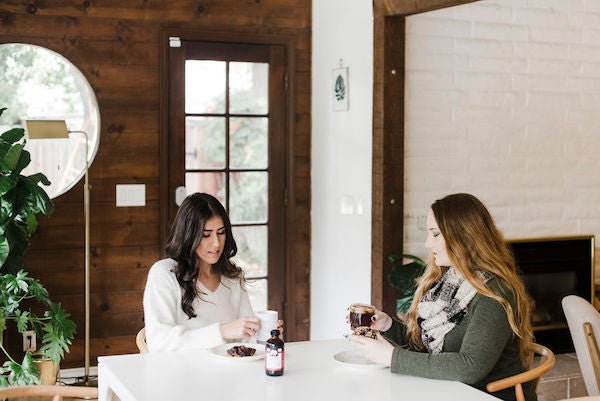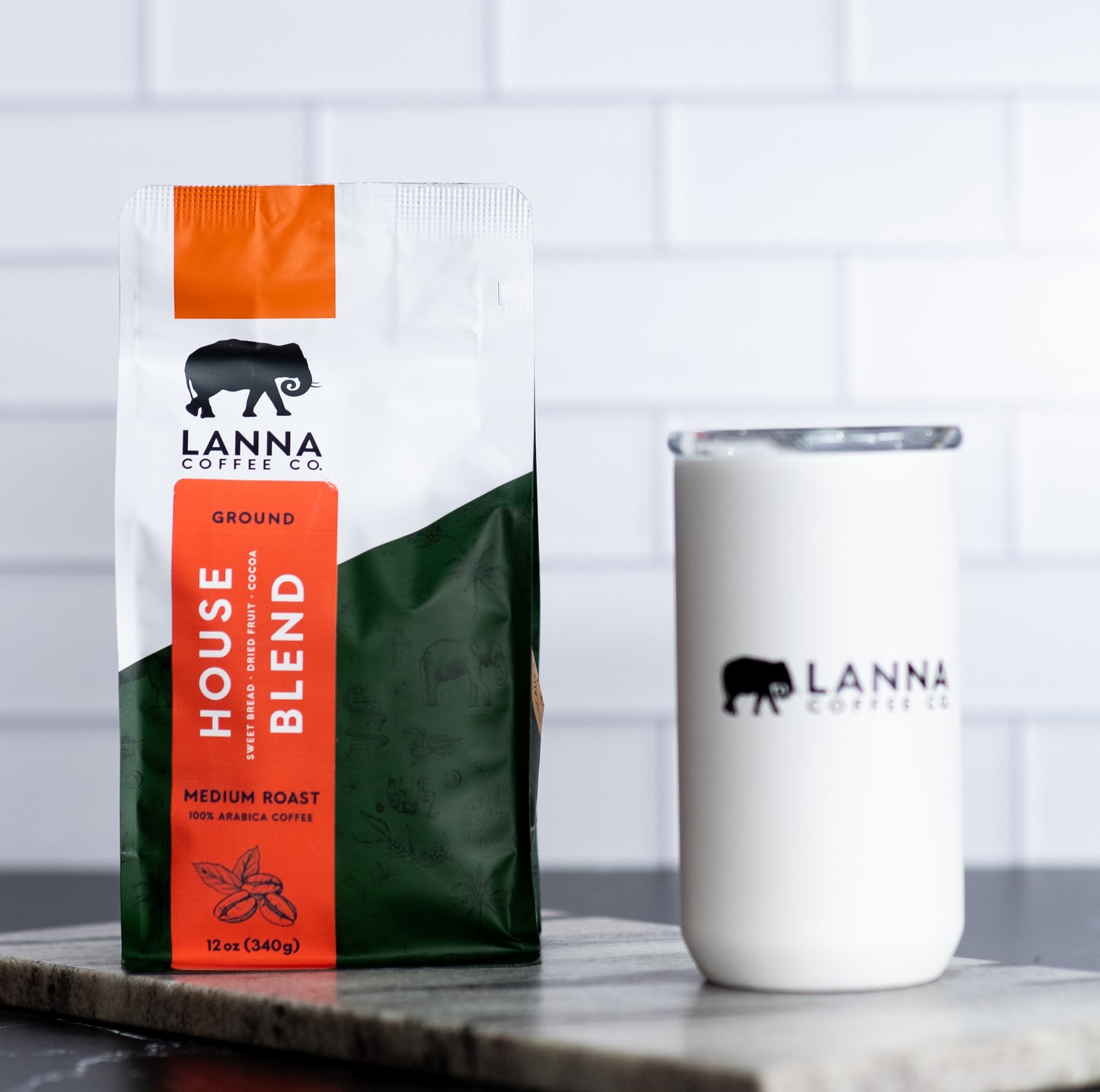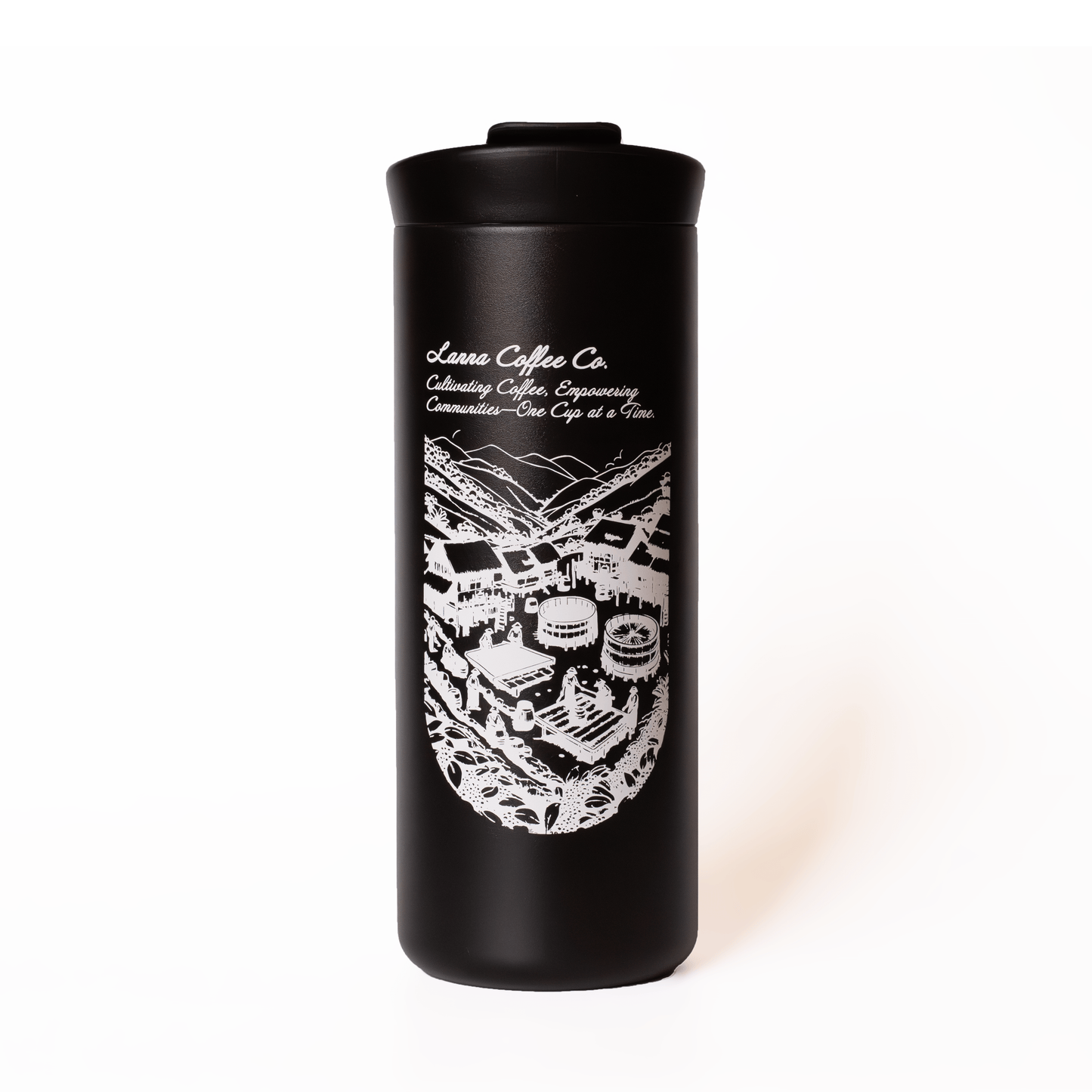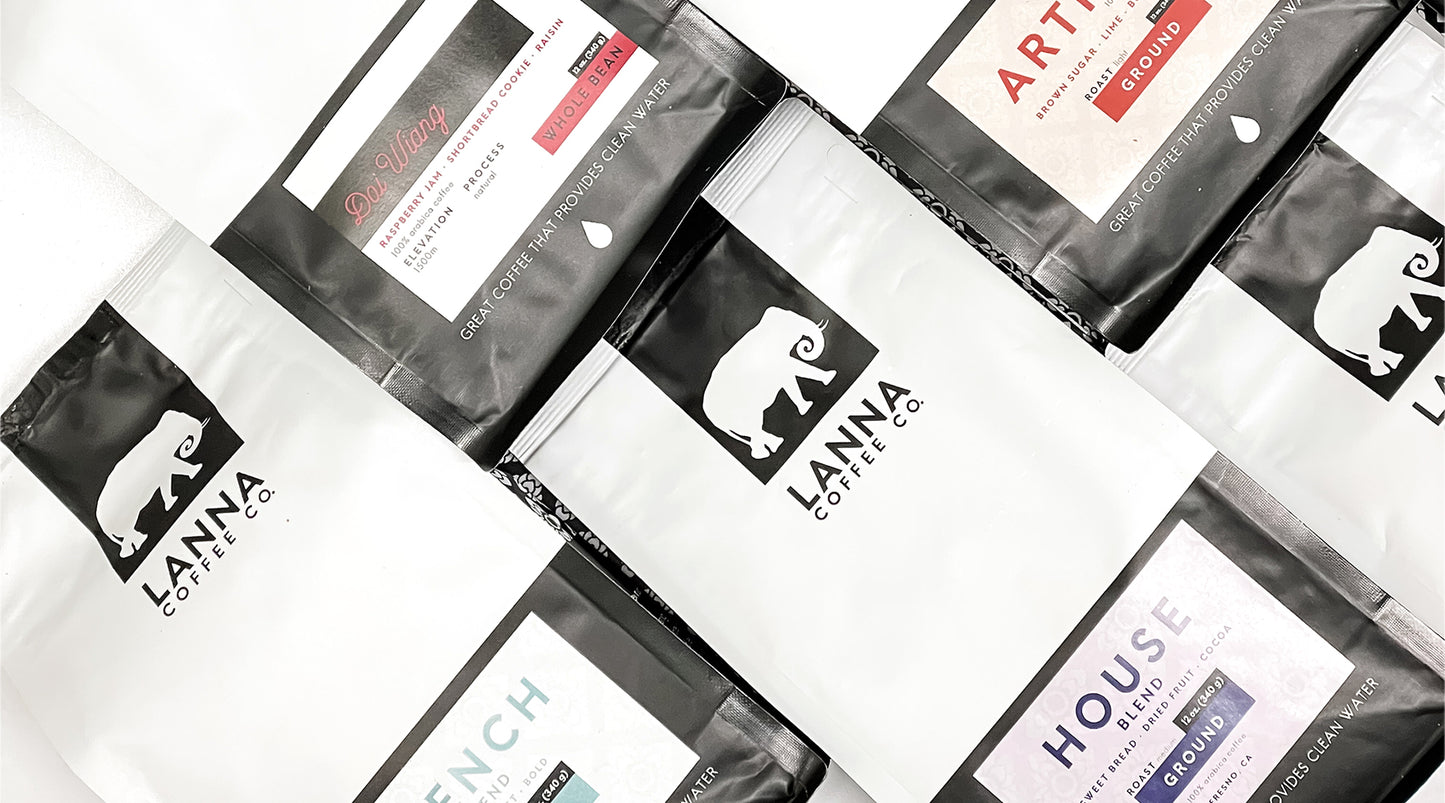
The term “Millennial” is thrown around so often in the news and social media, even causing debates about our president on Twitter. This term has become a buzzword because the people who comprise the meaning sure seem to make a lot of noise. What I mean by saying they “make a lot of noise” is that statistically, this group is spending more money on entertainment and food than the generations (plural) before them (The Experience Movement).
 So, who are Millennials? The technical term means: “a person reaching young adulthood in the early 21st century.” Common acceptance of the generation of Millenials are persons that born are between 1981 and 2000 and a newer term or wave of “Post Millenials” refers to persons born after 1997 (Serafino); however, many people refer to anyone reaching young adulthood today and in the last 19 years of the 2000s as a Millennial (Census.gov).
So, who are Millennials? The technical term means: “a person reaching young adulthood in the early 21st century.” Common acceptance of the generation of Millenials are persons that born are between 1981 and 2000 and a newer term or wave of “Post Millenials” refers to persons born after 1997 (Serafino); however, many people refer to anyone reaching young adulthood today and in the last 19 years of the 2000s as a Millennial (Census.gov).
So, chances are if you’re reading this blog you may be one yourself as Millennials are currently the largest living generation. They makeup over 83 million people in the United States and account for a quarter of the population of the United States. This generation has a lot of influence based on its size alone (The Experience Movement).
The years in which Millennials came into adulthood and began to show themselves as a “driving force” in our nation, coincided with some other specialty movements as well (The Experience Movement). That is, what is known as “the third wave of coffee” defined by a variety of factors that are constantly debated by industry personnel, but all of which can agree most always includes having an appreciation for the coffee and having the specialty aspect of coffee.
So what is “Specialty Coffee”?
The Specialty Coffee Association (SCA) answers that question this way:
“Specialty coffee can consistently exist through the dedication of the people who have made it their life's work to continually make quality their highest priority. This is not the work of only one person in the lifecycle of a coffee bean; specialty can only occur when all of those involved in the coffee value chain work in harmony and maintain a keen focus on standards and excellence from start to finish. This is no easy accomplishment, and yet because of these dedicated professionals, there are numerous specialty coffees available right now, across the globe, and likely right around the corner from you" (SCA.coffee).
In addition to remembering all the hands at work in a supply chain from producer to consumer, the Specialty Coffee Association (SCA) has a scoring system that grades coffees and deems them as “specialty” based on their grade or score on a 100-point scale. Coffees that score 60 points or more are considered commercial-grade and coffee that scores 80 points or above are graded as “specialty” (SCA.coffee).
So why are Millenials more likely to purchase Specialty Coffee?
 Like every generation before, Millennials share some commonalities. Their worldview and spending habits have gained attention due to the sheer economic force they are able to drive and the change in spending habits from the generation before, namely their purchasing preference of coffee. Each year Millennials in the United States spend approximately $600 billion shopping, but with all that spending comes some expectations from these consumers (The Experience Movement). This generation (more than any other) is more interested in supporting companies which show charity, offer a positive and engaging experience for the customer, and engage with them directly as a part of the process. They want to belong and they want to have a good time. So how does specialty coffee fit into this?
Like every generation before, Millennials share some commonalities. Their worldview and spending habits have gained attention due to the sheer economic force they are able to drive and the change in spending habits from the generation before, namely their purchasing preference of coffee. Each year Millennials in the United States spend approximately $600 billion shopping, but with all that spending comes some expectations from these consumers (The Experience Movement). This generation (more than any other) is more interested in supporting companies which show charity, offer a positive and engaging experience for the customer, and engage with them directly as a part of the process. They want to belong and they want to have a good time. So how does specialty coffee fit into this?
As we just heard from the “Guru’s of specialty” themselves (SCA), part of being “specialty” is to make connections between the farmer and end consumer; inviting the customer into an experience to know where their coffee is being sourced. It also has potential to directly give back when purchasing from small, micro-lot farming families who take special care to cultivate a better crop or a co-operative of farming families who are paid higher price points for their coffee cherries. Knowing that the cup of coffee you are drinking not only has a back-story but also creates change is a win-win for a generation of consumers who believe that giving back is important and who want to be a part of a great experience. Couple that with an awesome customer service experience by sharing more about the drink that you are about to consume than you ever thought possible and you create a unique experience that is memorable and positive; two things valued by the Millennial generation based on where their money speaks.
According to research conducted by popular event booking service Eventbrite:
- 3 out of 4 Millennials prefer to buy an experience over things
- 81% of Millennials expect companies to make a public commitment to charitable causes and citizenship
I think that choosing to spend your money on something that contributes positively to the world is where Millenials and Specialty Coffee cross paths, and standing at this intersection you can see how having a positive experience and being able to contribute to something greater than yourself is exactly where you’d like to stand. When you partner with a brand who puts that specialty experience into your daily cup it makes it all the more sweeter… and who wouldn’t want that?
- "The Experience Movement Research Report: How Millennials Are Bridging Cultural and Political Divides Offline." Eventbrite. https://www.eventbrite.com/l/millennialsreport-2017/
- Serafino, Jay. "New Guidelines Redefine Birth Years for Millennials, Gen-X, and 'Post-Millennials'. Mental Floss, 1 Mar. 2018. http://mentalfloss.com/article/533632/new-guidelines-redefine-birth-years-millennials-gen-x-and-post-millennials
- "Millennials Outnumber Baby Boomers and Are Far More Diverse, Census Bureau Reports." United States Census Bureau. 25 Jun. 2015. https://www.census.gov/newsroom/press-releases/2015/cb15-113.html
- "What is Specialty Coffee?" SCA. https://sca.coffee/research/what-is-specialty-coffee


